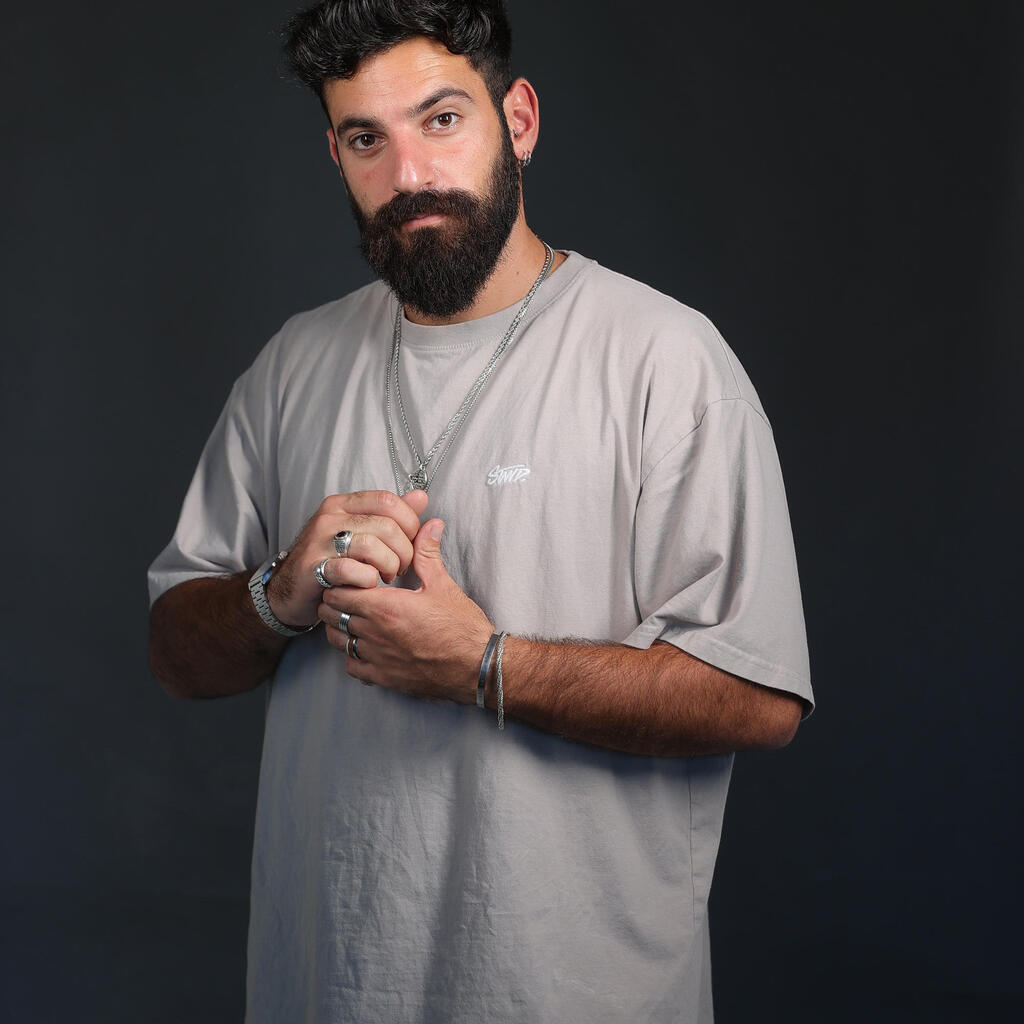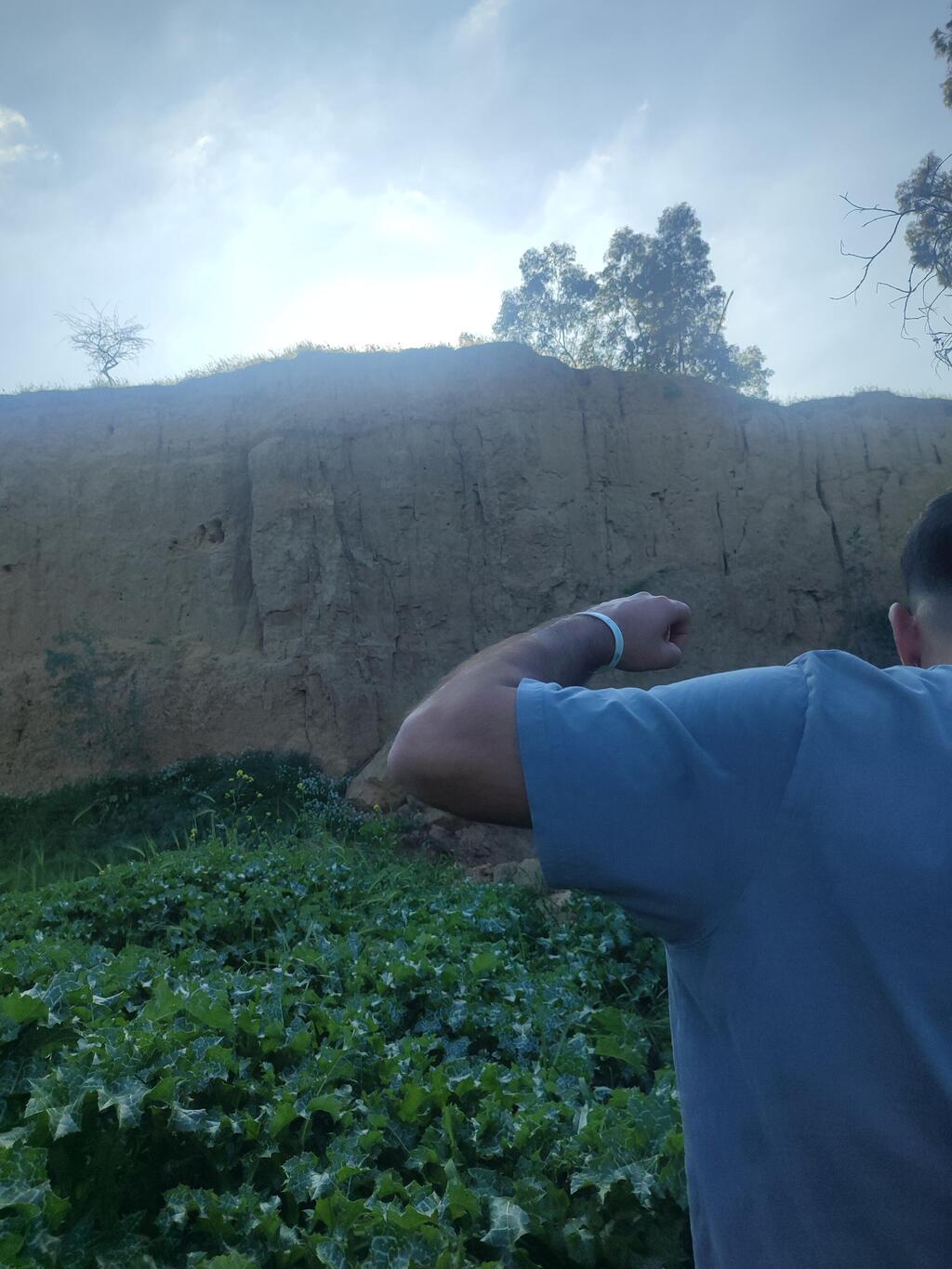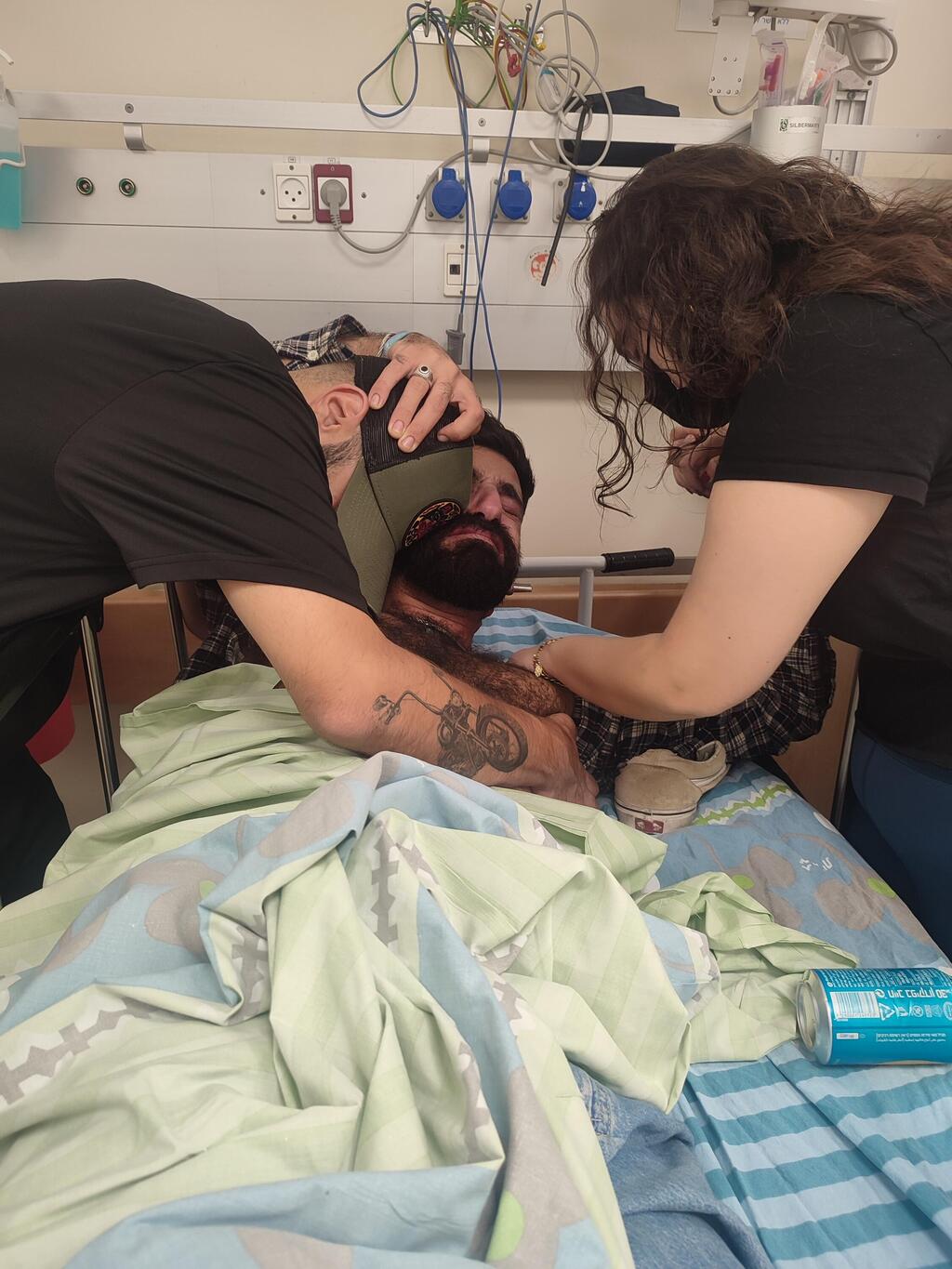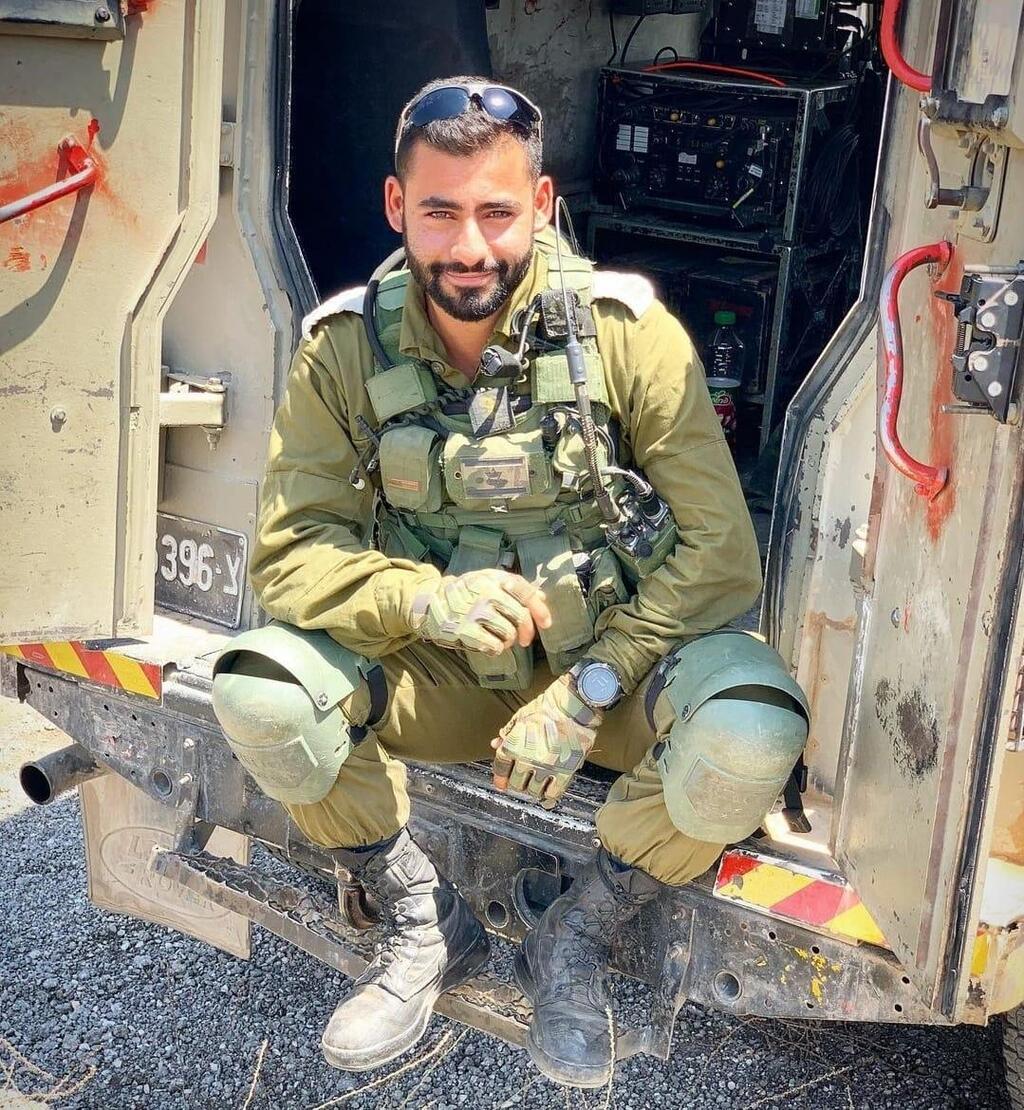Getting your Trinity Audio player ready...
Itamar Or Luz recounts his survival story at the Nova music festival
(Video: Yaron Sharon, Lior Sharon)
It was one of the deadliest terror attacks in history, but for hours, security forces failed to comprehend the full scale of the horror unfolding at the Nova music festival in Kibbutz Re’im. A total of 393 people were murdered, 44 were abducted to Gaza and hundreds were injured.
Itamar Or Luz, 25, still struggles a year later to reconcile the joy he felt just minutes before 6:29 a.m. with the terror that followed.
"Anyone familiar with outdoor parties knows that at 6 a.m., the dance floor is packed. It’s when the best DJ comes on stage, and you want to be there, excited, as the sun rises. It’s indescribable. We were smiling from ear to ear, hugging, dancing and enjoying ourselves. We had been waiting for this party, and it was the last time we were all together. Seven friends went, and six returned. Ten other friends who came in separate cars didn’t come back, and one—Omer Wenkert—is still held captive in Gaza.
"When the first siren went off, we lay on the ground, hands over our heads. Fifteen minutes later, the security officer told everyone to evacuate. We packed up nonchalantly and helped others leave. When we saw our close friends getting into their cars, we figured we could go too.
"I got to the car with two friends, tried to head toward Route 232, and realized all the roads were blocked. A policeman we encountered told us that terrorists had infiltrated the sector. I served in the Golani Brigade Reconnaissance Unit, and my two friends were in the Egoz unit, so we understood the situation was different from what we thought, but we were sure it was just four or five terrorists, and the army would take care of it. We parked by the side of the road and waited near the festival entrance.
"Later, I found out I tore ligaments in my ankle and broke several bones, but the adrenaline kept me going. I felt nothing and continued running."
"Someone suggested we lie next to a three-foot-high concrete barrier. Moments later, a missile hit behind us, and the barrier shattered into pieces. We lifted our heads, realized we were still alive and ran toward the road. A few feet before reaching the road, four pickup trucks stopped in front of us—ten terrorists in each. They aimed their weapons at us and began shooting. It was the first time I came face to face with terrorists.
"At that point, your mind switches. You don’t think, don’t feel—you just act. I veered right, away from everyone, knowing it was my only chance to survive.
Meanwhile, I see people around me getting shot and collapsing on top of each other. Stopping was not an option. As I crawled toward the road, as I’d learned in the army, I saw people being shot and collapsing on top of each other. I couldn’t stop. I crawled to the road, and as soon as I lifted my head, two pickup trucks arrived with twenty terrorists, firing in all directions. The bullets missed me by inches. I reached a 20-foot pit and jumped.
"Later, I found out I tore ligaments in my ankle and broke several bones, but the adrenaline kept me going. I felt nothing and continued running. Suddenly, I saw three pickups with people dressed in IDF uniforms. I approached them, and they opened fire with submachine guns. I realized they were terrorists and jumped into the bushes.
"They knew people were hiding in the bushes and sprayed the area with gunfire before driving off. When they returned, they began shouting, 'IDF, IDF, we’re here, come out.' I saw this one girl come out, and the next thing I heard was screaming and gunfire. She just collapsed. They went from bush to bush, dragging people out, shooting them and loading others into trucks. I sat quietly, trying to blend into the bushes. I took off my shirt and tied it around my mouth, thinking that if I got shot, I wouldn’t scream.
"A few minutes later, they set up a command post about 20 or 25 feet from me. All the vehicles and motorcycles gathered there, and they sent out trucks to capture people. I witnessed kidnappings right before my eyes, but I didn’t grasp what was happening at the moment. I didn’t consider they were taking people to Gaza. I lay there from 8:30 a.m. to 2:30 p.m., listening to them laugh, talk in Arabic and enjoy what they were doing. There was real excitement.
"Around 1:30 p.m., I began to hear IDF forces approaching, and the terrorists' laughter turned to fear. They knew they had no chance if the IDF arrived and began fleeing. By 2:20 p.m., there was total silence. I came out of the bushes and walked through bodies, trying to find just one person alive, but I couldn’t. I moved from body to body, burned-out car to burned-out car. I essentially retraced my steps back to the party.
"I saw hell. I saw the open shipping container full of bodies, blood covering the floor. I took another step toward the tents and saw people who had stayed behind and been murdered. Another step, and I reached the bar, where I saw people lying on the ground, bleeding, missing limbs, heads, hands. I realized no one had survived. Then I started asking myself, where are my friends? Where is everyone?
"A policeman put me in a car, and we drove along Route 232. There were no living people—just bodies, overturned vehicles and burned people. My dad waited for me on Highway 6 near Beit Kama, and we went to the hospital. It wasn’t until nighttime that I learned my friend, Ido Edri, had been killed. That’s when I broke down. He was like a brother to me.
"I never left Nova. My innocence, my soul—something was left there, at that party in October, in that forest. It stays with me every single day. Aside from the grief, the sleepless nights, the sudden bursts of tears when I hear a song in the car—there are the voices of the people who didn’t survive. The screams, the crying. I don’t have to relive it; it’s all in my mind. The ringing in my ears from the gunfire, from the trauma, the immense pain—it all follows me."
Get the Ynetnews app on your smartphone:









